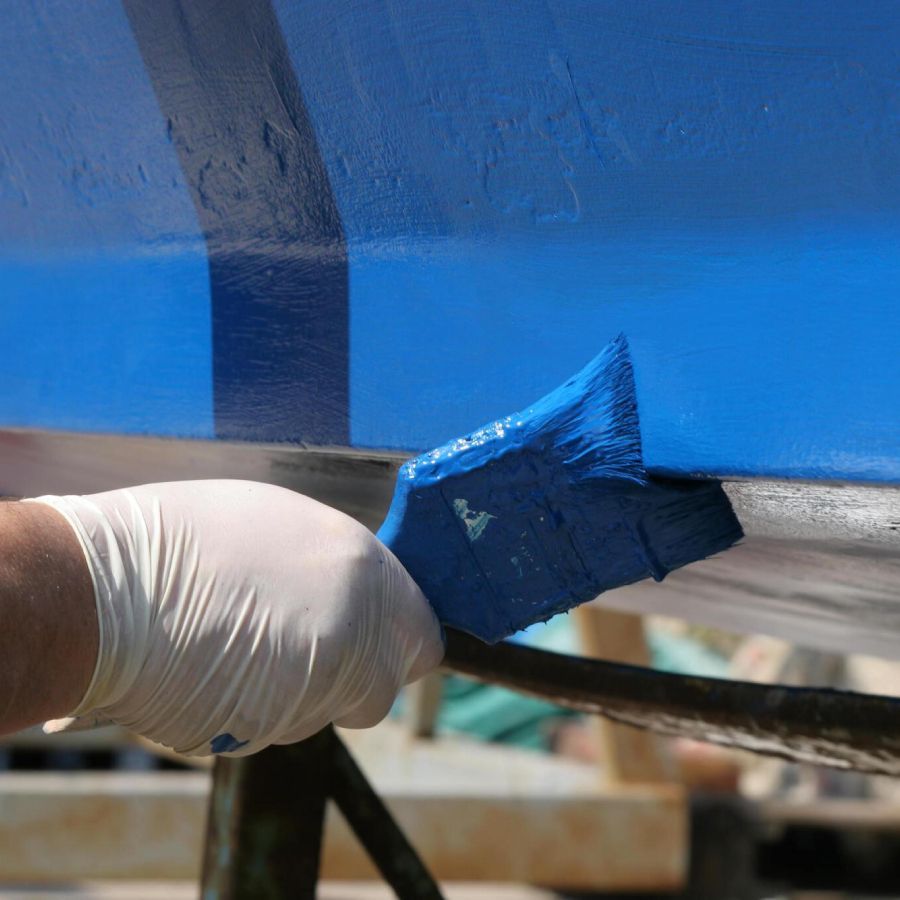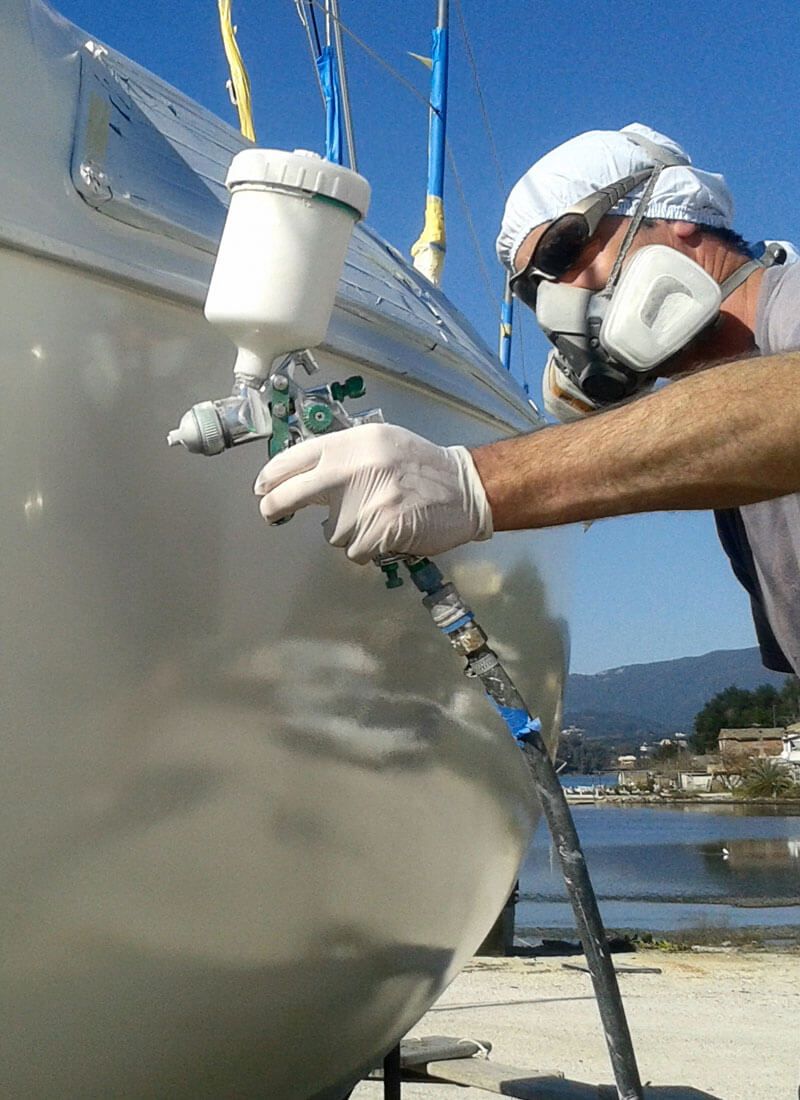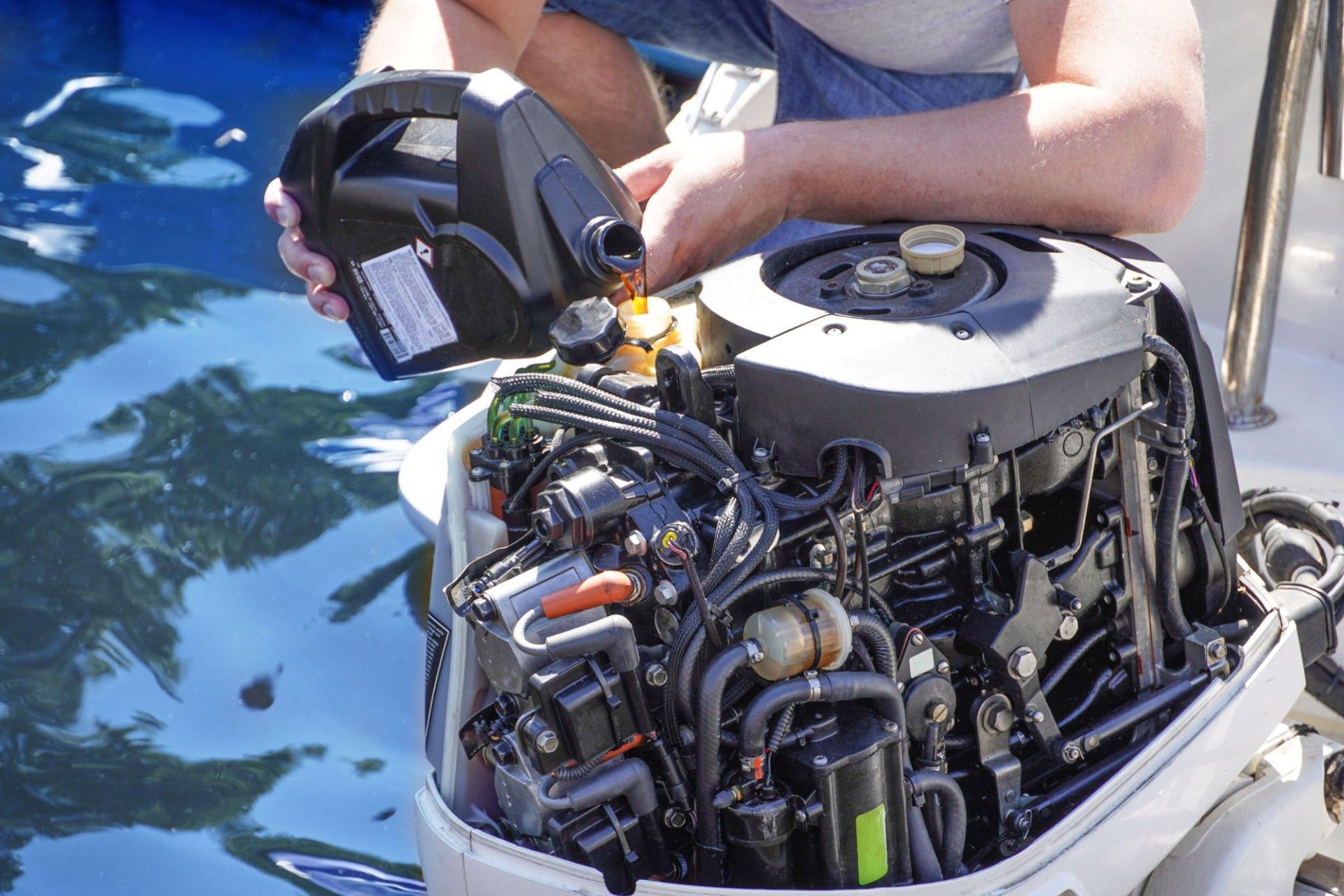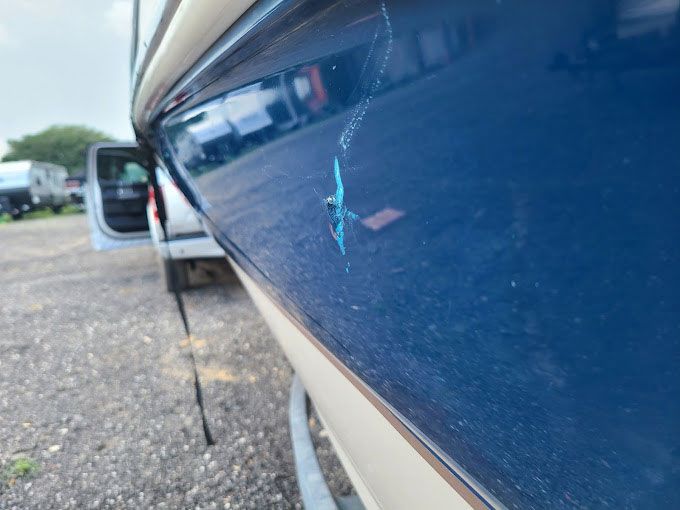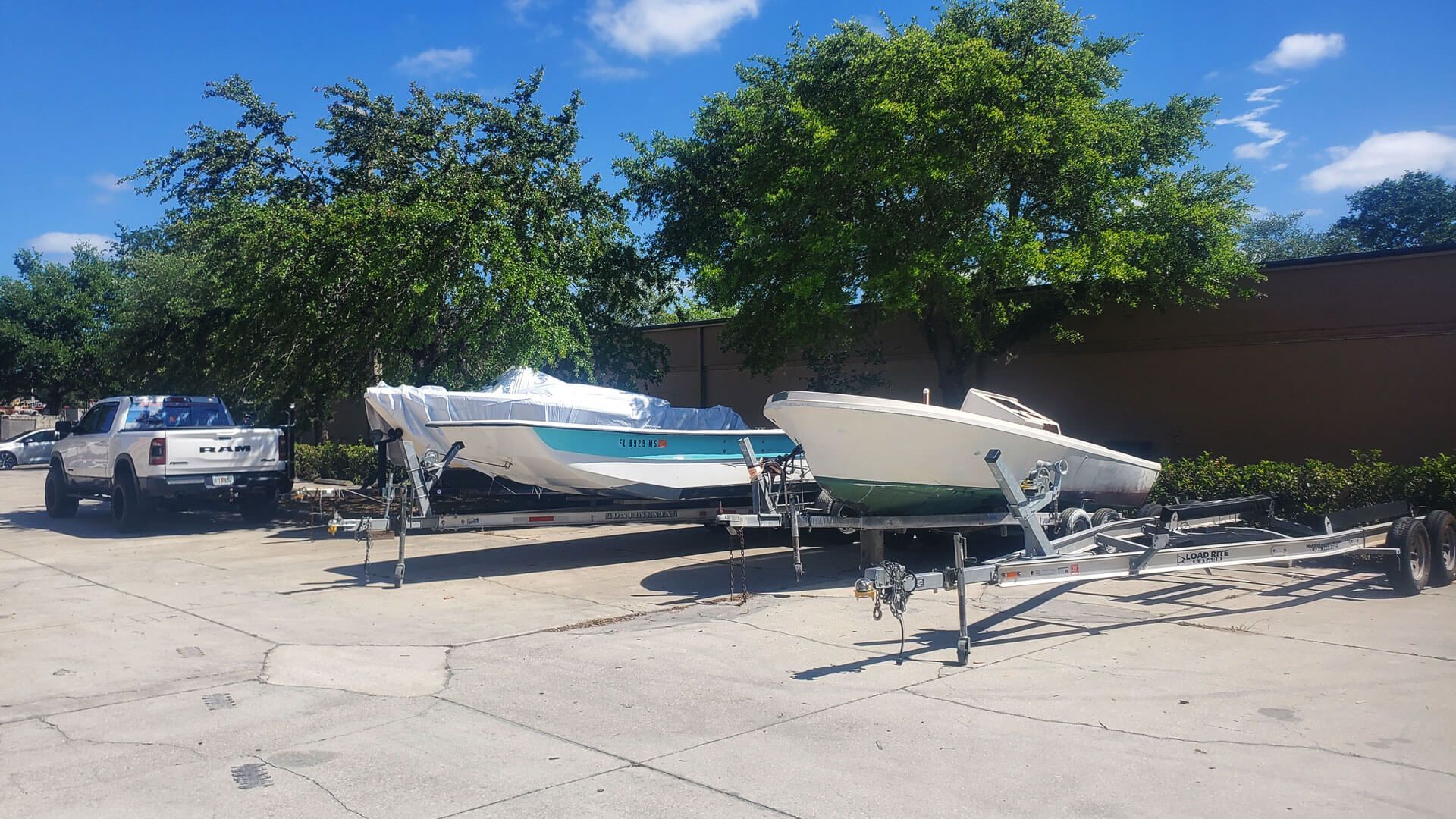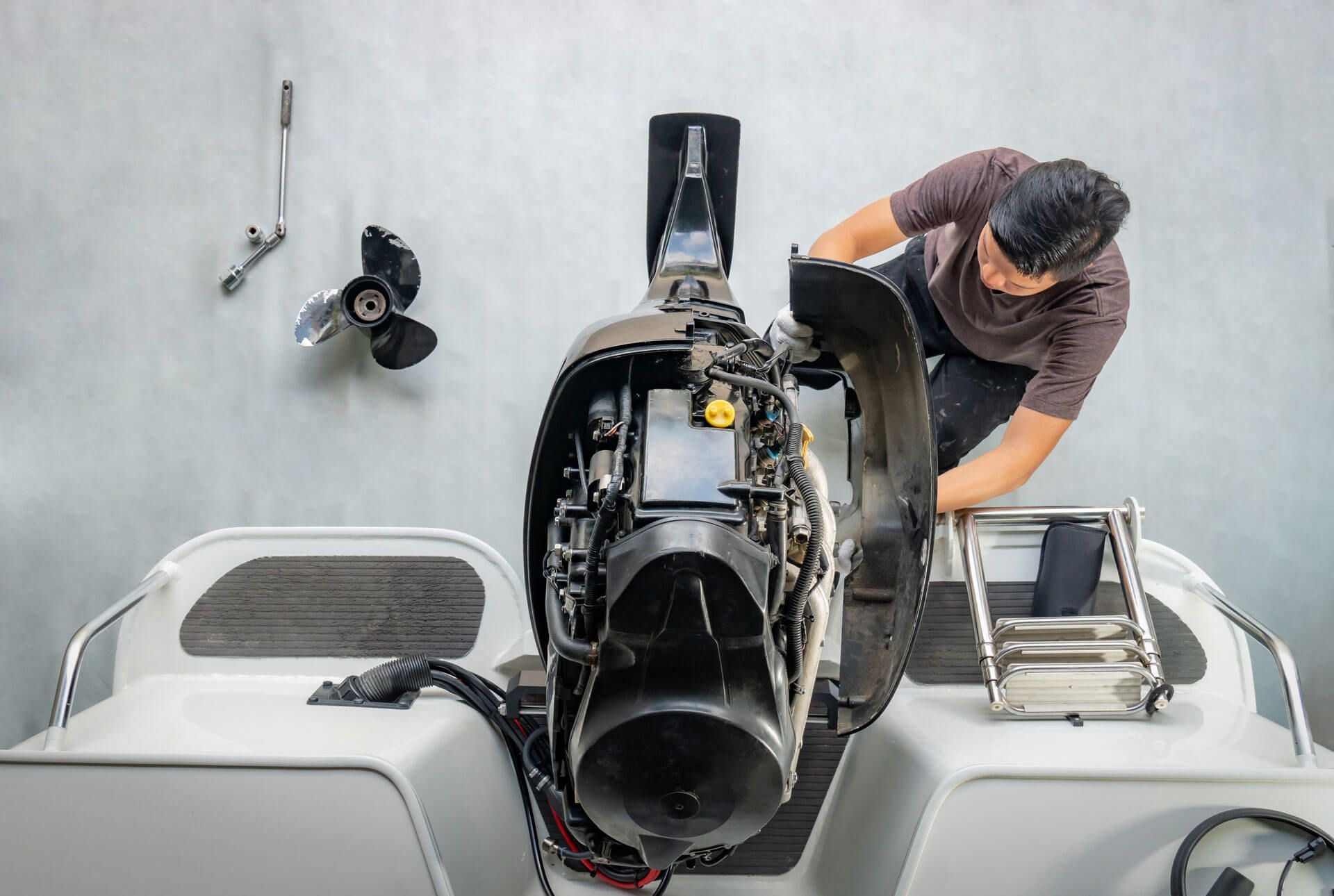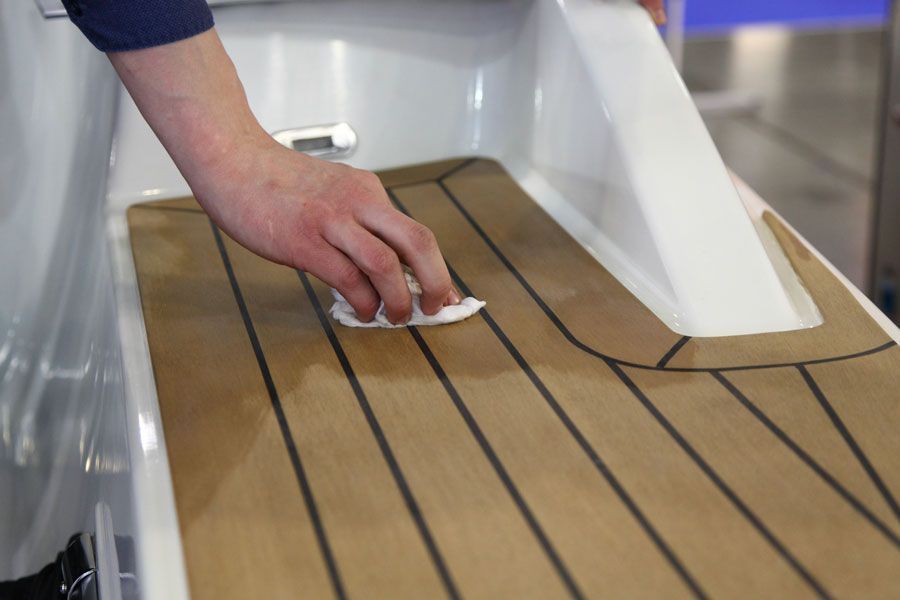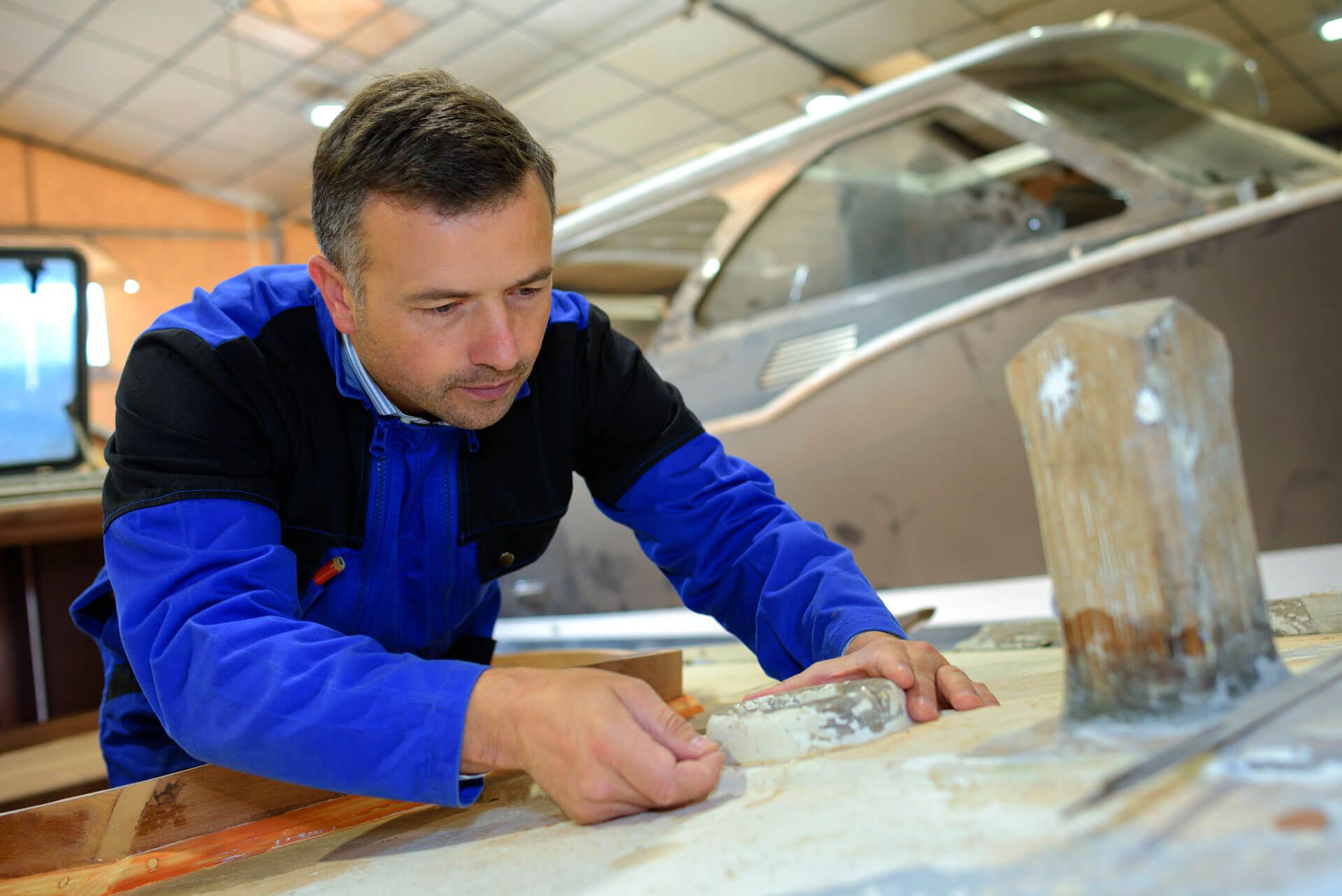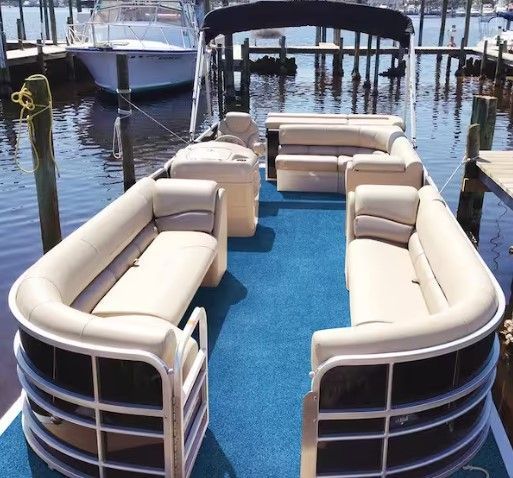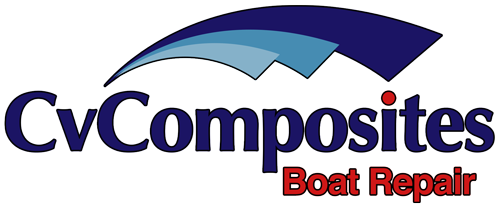Essential Boat Maintenance: Understanding the Best Practices and Techniques
Every seafarer knows that rolling seas and salt spray can take a toll on your beloved vessel. Navigating your way through boat maintenance is vital for ensuring that your investment retains its value, extends longevity, and performs at its peak. In this blog post, we'll dive deeper into the world of essential boat maintenance, unraveling the secrets behind the best practices and techniques. Whether you’re a seasoned sailor or just getting your feet wet, this comprehensive guide will set you sailing smoothly! From routine checks to hull repairs - indeed, every screw deserves your attention. Because in the ocean of maintenance, it's often the smallest leak that sinks the largest ship.
The essentials of boat maintenance encompass a range of tasks to ensure the longevity and performance of your vessel. This includes regular cleaning of the exterior to prevent the spread of invasive species, proper storage options to protect the boat, and prioritizing engine maintenance such as checking fuel levels, securing clamps, and inspecting the propeller. Following these practices helps ensure a safe and enjoyable boating experience.
Essential Boat Maintenance Procedures for Boat Longevity
To ensure your boat's longevity and optimize its performance, it's essential to prioritize regular and thorough maintenance procedures. Neglecting proper upkeep can lead to costly repairs and compromise the safety on the water. By following a few key practices, you can protect your investment and enjoy many years of smooth sailing.
Routine cleaning is critical in maintaining the appearance and structural integrity of your boat. Regularly washing the exterior not only keeps it looking pristine but also helps prevent the spread of invasive species that can harm marine ecosystems. Additionally, cleaning removes salt buildup and other corrosive substances that can deteriorate the boat's materials over time.
In addition to exterior cleaning, paying attention to engine maintenance is crucial for a smooth-running vessel. This includes checking fuel levels, securing engine mount screw clamps, clearing water intake, and inspecting the propeller for debris. Proper engine maintenance ensures optimal performance, reduces the risk of breakdowns, and extends the lifespan of your boat.
Regular inspections of various components such as electrical systems, steering mechanisms, hull fittings, and navigation lights are also essential. These checks help identify potential issues early on and prevent them from escalating into major problems while out on the water. It's important to consult your boat's manual or seek professional guidance to understand specific maintenance requirements based on your vessel's make and model.
By incorporating these essential maintenance procedures into your routine, you not only safeguard your boat but also ensure a safer and more enjoyable boating experience for you and your passengers.
- According to a study published by the Recreational Boating & Fishing Foundation, nearly 70% of boat owners perform some level of DIY (Do-It-Yourself) maintenance on their boats.
- The same study asserted that failure to perform regular maintenance was the leading cause of boat breakdowns, accounting for approximately 60% of all reported failures.
- In a separate survey conducted by BoatUS, the leading advocates for recreational boaters in the United States, it was found that on average, recreational boaters spend between $200-$400 annually on routine maintenance to ensure optimal performance and longevity of their water vessels.
Ensuring a Safe Boating Experience through Regular Boat Maintenance Checks
Boating safety should be every captain's top priority. While regular checks are a key part of maintaining any watercraft, they are particularly important for ensuring a safe experience on the water. Taking the time to conduct thorough inspections before each outing can help identify any potential risks or malfunctions that could jeopardize your safety.
Before embarking on any boating excursion, it's crucial to inspect the boat's safety equipment. This includes ensuring you have an adequate number of properly sized life jackets for all passengers, checking that fire extinguishers are fully charged and easily accessible, and verifying the working condition of distress signals such as flares or an emergency beacon.
Imagine you're planning a day of recreational boating with your family. As part of your pre-trip checks, you notice that one of the life jackets is torn and no longer buoyant. By catching this issue before heading out onto the water, you can quickly replace the damaged life jacket and ensure everyone's safety.
Another vital aspect of regular checks is examining the boat's navigation and lighting systems. Ensure that all navigation lights are functioning correctly, allowing other vessels to see you at night or during reduced visibility conditions. Additionally, check that electronic devices such as GPS systems or depth finders are in good working order to aid in safe navigation.
Proper maintenance of the boat's fuel system is essential for both safety and performance. Regularly inspect fuel lines for leaks or wear, and ensure the fuel tank is secure and properly vented. It's also important to maintain proper fuel levels while avoiding the accumulation of stale fuel. This helps prevent engine failure or even fires caused by a buildup of volatile vapors.
To further enhance safety during your boating experience, always monitor weather conditions before departing and keep abreast of any changes throughout your journey. Sudden weather changes can lead to hazardous conditions on the water, so it's essential to be prepared and adjust your plans accordingly.
By practicing these regular checks and ensuring everything is in proper working order before each trip, you can minimize potential risks and enjoy a worry-free boating experience.
Preservation Techniques for Your Boat's Hull
When it comes to maintaining your boat, one of the most crucial areas to focus on is the hull. The hull serves as the backbone of your vessel, ensuring stability and performance in the water. To preserve and protect your boat's hull, there are several techniques you can employ.
First and foremost, regular cleaning is essential to prevent the build-up of dirt, grime, and organisms that can damage the hull. Use a mild boat soap and a soft brush or sponge to gently scrub the surface, paying extra attention to any areas prone to accumulating dirt or algae.
Additionally, applying a protective layer of wax can help shield the hull from UV rays, oxidation, and other environmental elements. This not only enhances the appearance but also helps maintain the integrity of the hull over time.
Another preservation technique involves inspecting and addressing any signs of wear or damage promptly. Please check for cracks, scratches, or blistering on the hull's surface. If you notice any issues, consult a professional or follow appropriate repair procedures to prevent further deterioration.
Lastly, proper storage plays a significant role in preserving your boat's hull. Protecting it from extreme weather conditions such as sun exposure and freezing temperatures can significantly extend its lifespan. Consider options like indoor storage in a garage or storage unit, outdoor storage with a shrink-wrap cover, or on-water storage in a harbor.
By implementing these preservation techniques consistently, you can ensure that your boat's hull remains in optimal condition for years to come.
Leaks and Damage: Early Indicators of Hull Deterioration
Detecting early indicators of hull deterioration is essential for preventing major damage to your boat. While regular maintenance helps minimize such risks, it's crucial to be aware of potential leaks and damages that may go unnoticed.
One common sign of hull deterioration is the presence of small cracks or fractures on the surface. These cracks can allow water to seep into the hull, leading to structural issues over time. Regularly inspect your boat's hull for any such signs and address them promptly.
Another indicator to watch out for is visible blistering or bubbling on the hull's surface. These blisters are often caused by moisture intrusion, which can weaken the structural integrity of the boat. If you notice blistering, it's essential to consult a professional for a thorough inspection and necessary repairs.
Also, please pay attention to any unusual soft spots on the deck or hull. These soft areas could indicate rot or delamination, which require immediate attention to prevent further deterioration.
It's important to note that early indicators of hull deterioration can differ based on the type of material your boat is constructed from. For example, fiberglass boats may exhibit spider-web-like cracks or gel coat damage, while aluminum boats could show signs of corrosion or pitting.
By being vigilant and addressing leaks and damages as soon as they're detected, you can mitigate the risk of extensive hull deterioration and maintain the longevity of your boat.
Caring for Different Types of Boat Finishes
When it comes to boat finishes, understanding how to properly care for them is essential for maintaining their appearance and longevity. Different types of boats may have different finishes, such as gel coats, painted surfaces, or even wood. Each requires specific care techniques to keep them looking their best.
For gel coat finishes, a regular cleaning with mild soap and water can help remove dirt and grime. Avoid using harsh chemicals or abrasive cleaners that can damage the finish. Applying a protective wax or polish can further enhance the shine and provide an additional layer of protection against UV rays and environmental factors.
Painted surfaces may require similar cleaning methods as gel coats, but it's crucial to use products specifically formulated for painted surfaces. These products will be gentler and won't cause any damage or discoloration. Regularly inspecting painted surfaces for any signs of chipping or peeling is important to address any issues promptly.
Wooden boat finishes need extra attention due to their natural characteristics and vulnerability to moisture. Regularly inspect the wood for any cracks or signs of rot and address them accordingly. Applying a high-quality varnish or sealant will protect the wood from water damage, while regular cleaning will help maintain its natural beauty.
Ultimately, caring for boat finishes involves understanding the specific needs of each type and using appropriate cleaning products and maintenance techniques.
Examination and Care for Boat Equipment and Propeller
To ensure the overall safety and performance of your boat, regular inspections and proper care for equipment and propellers are paramount. These components play vital roles in the boat's operation, so being proactive in their maintenance is key.
During routine inspections, pay close attention to electrical systems, including wiring connections, batteries, switches, and fuses. Look out for any signs of corrosion or loose connections that may impact the electrical functionality. Clean terminals regularly to prevent build-up that could disrupt power flow.
Inspecting and maintaining the boat's mechanical components, such as the engine, fuel system, and steering mechanisms, is crucial for smooth operation. Regularly check engine fluids, belts, hoses, and filters for any signs of wear or damage. It's also important to maintain proper fuel levels and quality to avoid running into performance issues while on the water.
The propeller is another critical component that requires regular care. Inspect it for any damage, such as dings or bent blades, which can affect the boat's performance and efficiency. Clearing any debris or fishing lines that may be wrapped around the propeller is essential to prevent further damage and maintain optimal performance.
Remember to follow manufacturer guidelines and recommendations when performing maintenance on equipment and propellers. If you're unsure about specific procedures or need assistance, consulting a professional or referring to the boat's manual can provide valuable guidance.
- Regular inspections and proper care for boat equipment and propellers are crucial for overall safety and performance. Pay attention to electrical systems, checking for any signs of corrosion or loose connections. Clean terminals regularly to prevent power flow disruption. Inspect and maintain mechanical components such as the engine, fuel system, and steering mechanisms. Check engine fluids, belts, hoses, and filters for wear or damage, while maintaining proper fuel levels and quality. Regularly inspect the propeller for any damage or debris to ensure optimal performance. Follow manufacturer guidelines and seek professional assistance if needed.
Noteworthy Indicators During Equipment Inspections
Proper maintenance of a boat involves regular and thorough equipment inspections. These inspections help ensure the functionality, reliability, and safety of various components on board. By paying attention to certain indicators during these inspections, you can identify potential issues early on and take appropriate measures to prevent further damage or accidents.
During equipment inspections, keep an eye out for any signs of wear and tear, such as frayed ropes or cables, cracked hoses, loose fittings, or corroded metal parts. These indicators may suggest that certain parts are nearing the end of their lifespan or need immediate replacement. Additionally, inspect electrical connections for loose wires, damaged insulation, or signs of overheating, as these can pose serious risks if left unattended.
It's also important to check for the proper functionality of safety equipment like life jackets, fire extinguishers, distress signals, and navigation lights. Ensure that they are easily accessible and in good working condition. This will help ensure your safety and compliance with boating regulations.
By being vigilant during equipment inspections and addressing any issues promptly, you can maintain the integrity of your boat's systems and enhance the overall boating experience.
Engine Maintenance and Importance of Adequate Ventilation
The engine is the heart of a boat and requires regular maintenance to perform optimally. Neglecting engine maintenance can lead to breakdowns at sea or poor performance on the water. To avoid these issues, it is essential to prioritize engine care and provide adequate ventilation in the boat's engine compartment.
Regular maintenance tasks include checking oil levels regularly, changing oil as recommended by the manufacturer, inspecting fuel filters for clogs or contaminants, and ensuring that all belts are properly tensioned. It is also important to secure engine mount screw clamps to prevent vibrations that can damage other components.
Adequate ventilation in the engine compartment is crucial for several reasons. It helps dissipate heat generated by the engine, preventing it from reaching dangerous levels. Proper ventilation also reduces the risk of fuel vapors accumulating, which could lead to a potential fire hazard. Installing ventilation systems like blowers or louvered vents can improve airflow and enhance safety.
Imagine being out on the water for a fishing trip when suddenly your engine overheats due to a lack of maintenance. As a result, you're left stranded far from shore with no way to get back. This not only ruins your day but also puts you at risk if further complications arise.
To prevent such scenarios, establish a regular engine maintenance schedule based on the manufacturer's recommendations and consult with a professional if needed. Prioritizing proper ventilation will also help ensure that your boat's engine remains in top condition, providing reliable performance and peace of mind during your boating adventures.
If you are looking for a boat service provider in Florida, visit CV Composites. Contact us and learn more about the wide range of services we offer. We’d love to hear from you!
"Keeping you afloat with reliable boat repairs and maintenance"
For expert boat repairs and friendly service, choose us.
Request A Free Quote Today!
Request Free Quote
Thanks for contacting us!
We'll get right back to you.
Please try again later.
2023 Copyright © CV Composites Boat Repair | All Rights Reserved • Privacy Policy
Powered By: Triple A SEOP



